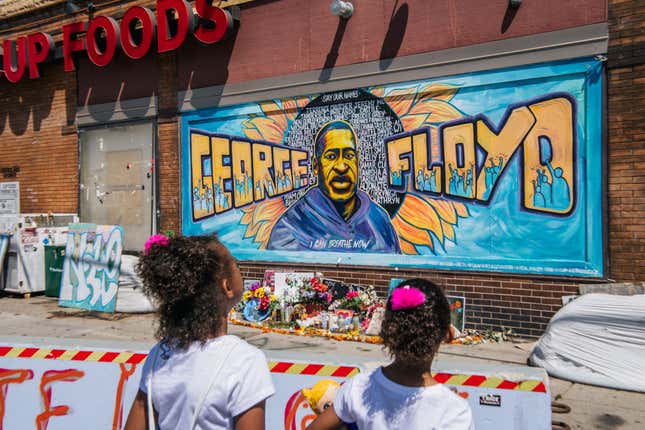
Almost a year ago, the Texas State Board of Pardons and Paroles had voted to give George Floyd a full posthumous pardon for a 2004 drug conviction. Texas Gov. Greg Abbott could have issued a pardon on his own during Christmas, but he’s too preoccupied with sending immigrants to various Democrat-controlled cities. In December of 2021, the Texas Board of Pardons had withdrawn “ 25 clemency recommendations that contained procedural errors and lack of compliance with Board rules.” This included the one for George Floyd; perhaps we could have taken that as a sign.
CNN reports that the Texas Parole Board has suddenly turned and decided to deny Floyd the pardon. The reason? Well, they did not provide one in a letter the board sent to the Harris County public defender working on behalf of George Floyd’s family.
Floyd was initially arrested on February 5, 2004, when officer Gerald Goines alleged he possessed crack cocaine and provided the drugs to another suspect. The second suspect who sold the drugs to Goines while undercover was never arrested because of an “attempt to further the narcotic trafficking in this area.” Attorney Allison Mathis said in her filing Goines “manufactured the existence of confidential informants to bolster his cases against innocent defendants.”
“After a full and careful review of the application and other information filed with the application, a majority of the Board decided not to recommend a Full Pardon and/or Pardon for Innocence,” the letter states.
Initially, Floyd’s family filed a pardon application in April 2021 and can do so again in two years.

